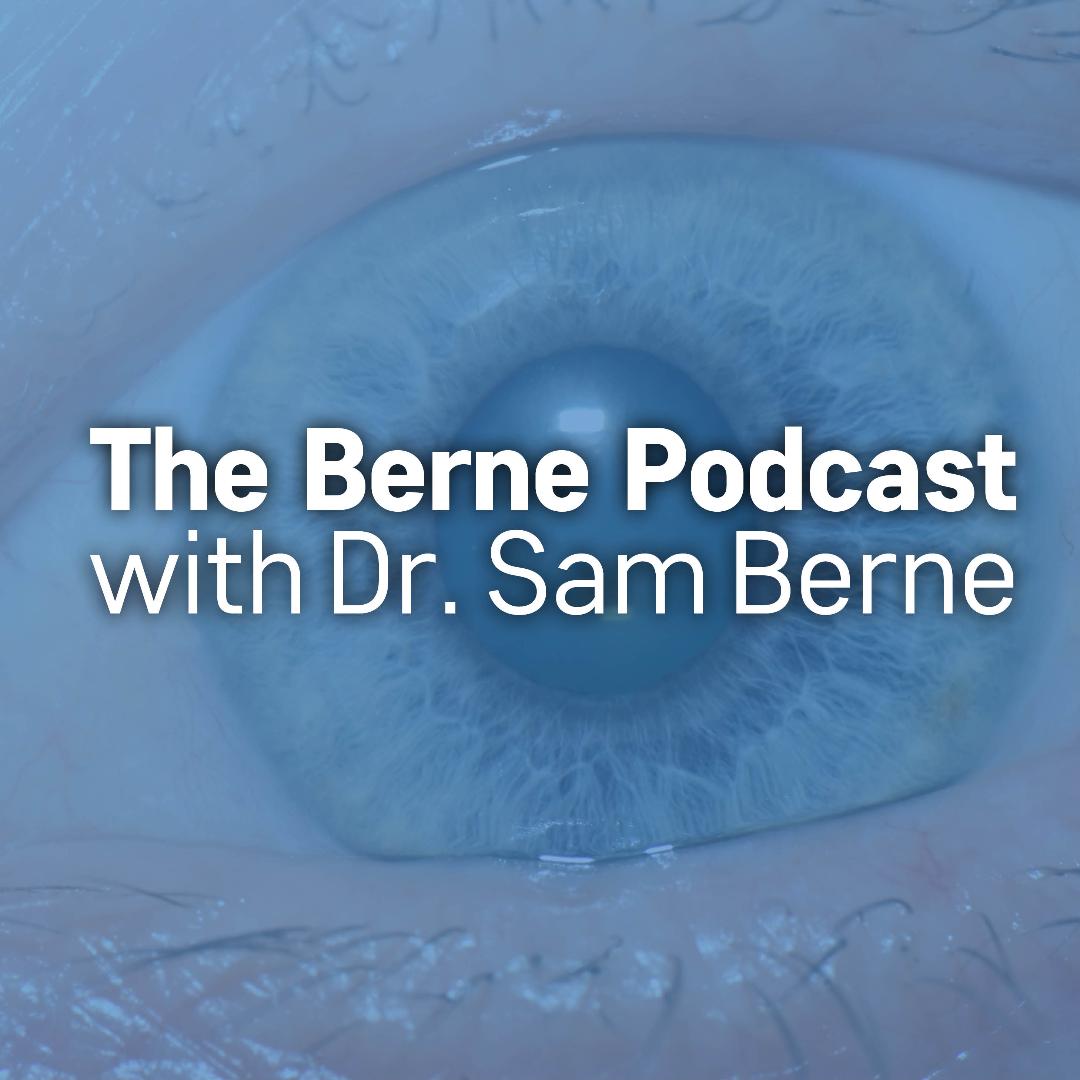How to Take Care of Your Parents, Children and Friends’ Vision
Description
Let's talk about how to approach the conversation around eye care with someone you're close to, whether it's a family member, friend, or your child. This can be a very delicate conversation. When someone you know is diagnosed with a problem like glaucoma, cataracts, or macular degeneration, I suggest taking a holistic and integrative approach, but it's important to respect their choices and ask permission before offering advice. So let's jump into today's episode. Enjoy the show.
If you want more, sign up for my newsletter at: www.drsamberne.com. If you have any questions, submit them to [email protected] or you can now text me! Text ‘Join’ to 1-844-932-1291 to sign-up and ask your questions!
For even more from Dr. Sam, check out his new exclusive membership where you get access to my content and resources, new information, articles, videos, webinars: drsambernesmembership.com
SUMMARY KEYWORDS
eye, vision, health, cataracts, conditions, macula, inflammation, myopia, retina, reduced, floaters, red light, talk, body, ai, open, treating, child, diagnosed, podcast
Hey everybody, it's Dr. Sam, I'd like to welcome you to my EyeClarity podcast. If you want to get in touch with me with questions, you can email me at [email protected]. And you can always text me your questions at 1-844-932-1291. I would like to let you know about my new membership program. This is going to offer members new information on how to improve their vision and wellness. So you will get access to articles, video, blogs, podcasts, and webinars. Also a live q&a with me. And all of this information will empower you to make informed decisions about your vision, and your health. So to sign up to go to my website, drsambernesmembership.com. And you can see the details there. All right now on to the show.
1:37
Everybody, welcome to the program today. So I want to talk about what happens when either your family member or friend gets the eye diagnosis. So let's say you have a parent, and he or she has been diagnosed with glaucoma, or cataracts or macular degeneration. And the doctor will say something like, well, let's just watch it. Or let's schedule you for a procedure. And you being a holistically minded person says maybe there's something else. So how can you help.
Or let's say you have a child who's maybe struggling a little bit in school, or you notice that there's an eye turn, or he or she covers one of her eyes, and you go to the doctor and he says, Well, you've got esotropia or amblyopia. And we need to either patch full time, or you need to do i muscle surgery right away, let's get this scheduled. Or even if it's just a friend, a friend who maybe has had a botched cataract surgery, or is facing glaucoma surgery, and you know that there might be a better way, how do you navigate the waters, the day doesn't go by when somebody will write me and say, you know, I have a family member or a friend who's got this eye condition. I know there's a better way. And so you know, I offer certain suggestions and so on.
But this is educational only. So I'm not diagnosing or treating. But how do you handle the dynamics of this? So first of all, I think it's important to note that everybody is on their own path. And as much as we want to help others, I think it's important that if you're going to offer advice that you want to ask permission, you want to make sure that it's okay. Because some people just aren't open to a more holistic integrative approach, especially with the eyes. For some reason, we don't think we can improve our vision. It's the one part of our body that isn't going to heal at least that's what maybe your eye doctor has said, even though people have had healings in so many other areas of...
More Episodes
Keywords
holistic eye care, vision improvement, eye health tips, behavioral optometry, Sam Berne, eye exercises, nutrition for eyes, blue light protection, workshops, private sessions
summary
In this engaging conversation, Dr. Sam Berne shares his insights on holistic eye care, emphasizing the...
Published 11/14/24
Published 11/14/24
Keywords
binasal tapes, vision therapy, eye health, neuroplasticity, peripheral vision, double vision, lazy eye, visual coordination, stress relief, alternative therapies
Summary
In this conversation, Dr. Sam Berne discusses the concept and application of binasal tapes, a technique used...
Published 11/09/24


